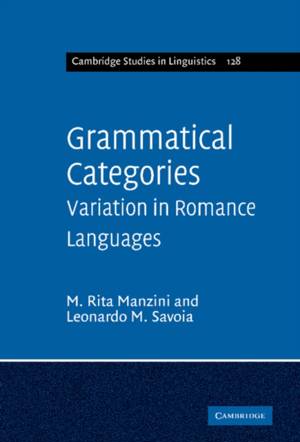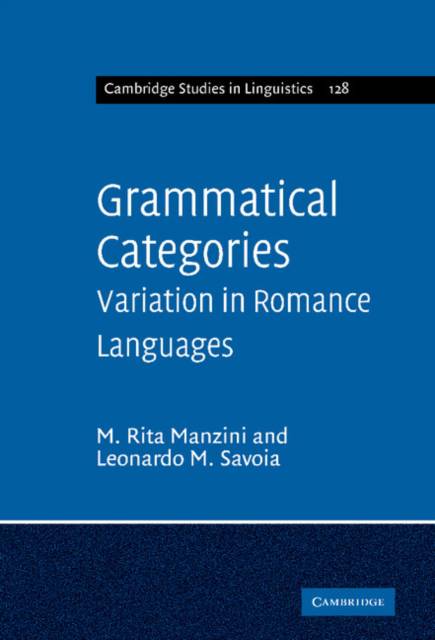
- Afhalen na 1 uur in een winkel met voorraad
- Gratis thuislevering in België vanaf € 30
- Ruim aanbod met 7 miljoen producten
- Afhalen na 1 uur in een winkel met voorraad
- Gratis thuislevering in België vanaf € 30
- Ruim aanbod met 7 miljoen producten
Zoeken
€ 201,95
+ 403 punten
Omschrijving
Grammatical categories (e.g. complementizer, negation, auxiliary, case) are some of the most important building blocks of syntax and morphology. Categorization therefore poses fundamental questions about grammatical structures and about the lexicon from which they are built. Adopting a 'lexicalist' stance, the authors argue that lexical items are not epiphenomena, but really represent the mapping of sound to meaning (and vice versa) that classical conceptions imply. Their rule-governed combination creates words, phrases and sentences - structured by the 'categories' that are the object of the present inquiry. They argue that the distinction between functional and non-functional categories, between content words and inflections, is not as deeply rooted in grammar as is often thought. In their argumentation they lay the emphasis on empirical evidence, drawn mainly from dialectal variation in the Romance languages, as well as from Albanian.
Specificaties
Betrokkenen
- Auteur(s):
- Uitgeverij:
Inhoud
- Aantal bladzijden:
- 364
- Taal:
- Engels
- Reeks:
- Reeksnummer:
- nr. 128
Eigenschappen
- Productcode (EAN):
- 9780521765190
- Verschijningsdatum:
- 31/03/2011
- Uitvoering:
- Hardcover
- Formaat:
- Genaaid
- Afmetingen:
- 152 mm x 229 mm
- Gewicht:
- 725 g

Alleen bij Standaard Boekhandel
+ 403 punten op je klantenkaart van Standaard Boekhandel
Beoordelingen
We publiceren alleen reviews die voldoen aan de voorwaarden voor reviews. Bekijk onze voorwaarden voor reviews.








